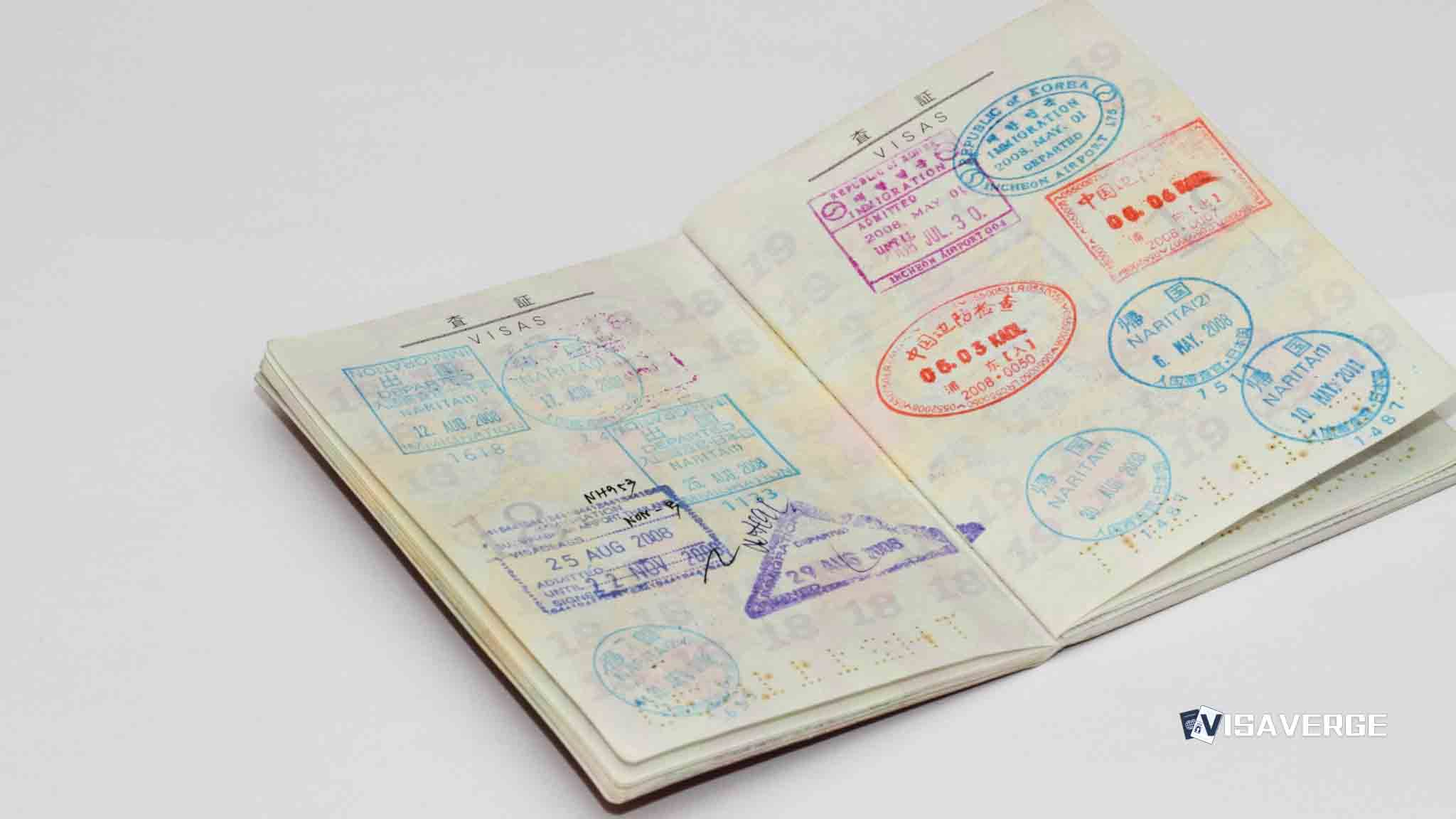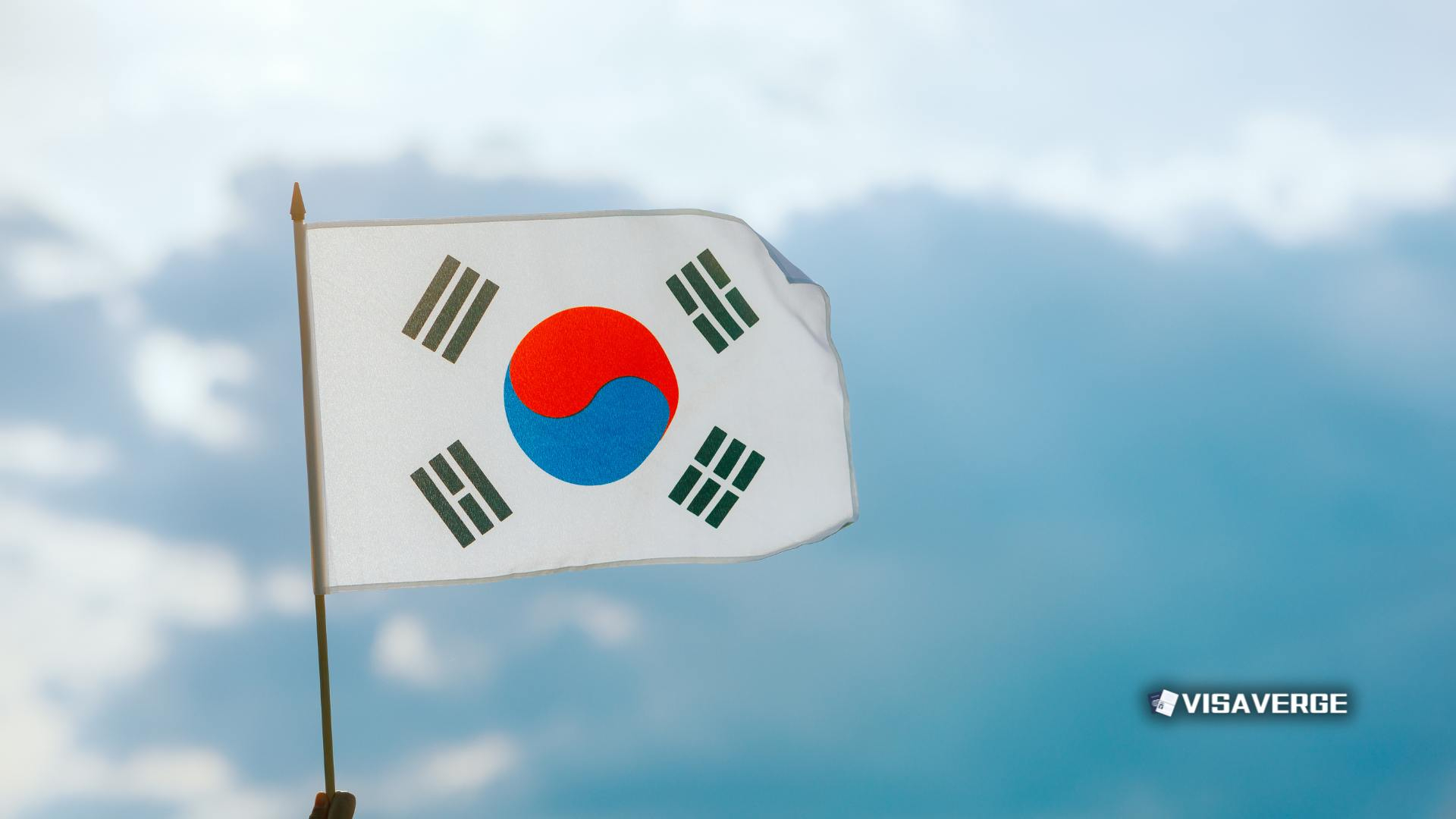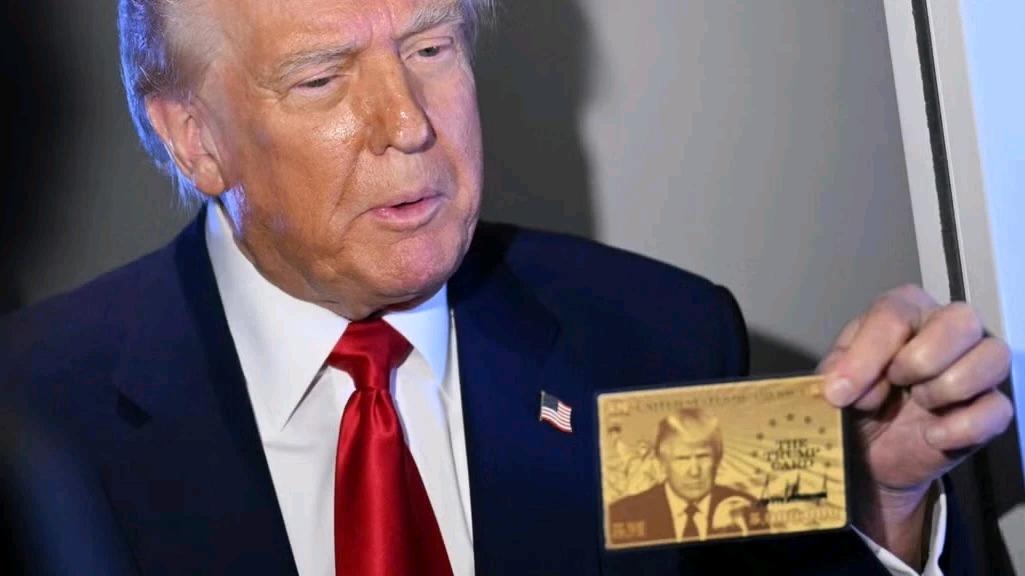Key Takeaways
• The U.S. “Catch and Revoke” program has revoked over 300 visas for pro-Palestinian activities, citing national security concerns.
• The program uses AI to monitor social media and affiliations, flagging actions perceived as supporting terrorist-linked organizations.
• Legal challenges argue “Catch and Revoke” infringes free speech, academic freedom, and due process, with potential harm to U.S. academia.
In an escalation that has drawn widespread attention, the United States Department of State has begun an intense visa review process targeting individuals associated with pro-Palestinian activism. This policy, embedded within a program titled “Catch and Revoke,” employs advanced surveillance tools to track the activities of foreign nationals in the U.S. Those identified as protesting or expressing support for organizations considered dangerous under U.S. law, such as Hamas, may face immediate visa revocation and potentially be removed from the country. While supporters defend this measure as essential for national security, critics argue it raises troubling questions about free speech, academic freedom, and government overreach.
Understanding the “Catch and Revoke” Program

Unveiled earlier this year, “Catch and Revoke” highlights the administration’s effort to address concerns about perceived threats associated with individuals or groups linked to U.S. foreign policy adversaries. Secretary of State Marco Rubio has confirmed that the program has, to date, resulted in over 300 visa revocations. Its primary purpose is to identify individuals living in the United States on visas who may be partaking in activities deemed harmful to the nation’s safety or aligned with organizations classified as terrorist groups.
The program’s surveillance capabilities heavily rely on artificial intelligence (AI) technologies. By analyzing large datasets—ranging from social media posts to publicly available records—the system identifies individuals whose actions, words, or affiliations suggest pro-Palestinian sentiments that potentially support entities considered a threat under U.S. laws. Proponents see this as a necessary and modern tool to prevent domestic security risks. However, critics point to potential flaws, noting the risks of misinterpretation, lack of transparency, and the infringement of privacy rights.
Visa Revocations and Notable Cases
A growing number of individuals, including students and political activists, have already been swept into “Catch and Revoke.” These cases illustrate the program’s impact on a personal level, often leaving affected individuals in legal and emotional distress.
One case that has drawn international attention is that of Rumeysa Ozturk, a Turkish doctoral student studying at Tufts University. Ozturk’s visa was abruptly revoked after she co-authored an article calling on her university to divest from companies associated with Israeli activities in occupied territories. Describing her treatment as unjust and excessively harsh, advocacy groups have stepped forward to argue that her academic freedom and right to express her opinions were unnecessarily stifled. Ozturk, still held at a Louisiana detention facility, endures an uncertain future as she awaits her case’s outcome.
Another notable case is that of Mahmoud Khalil, a Palestinian human rights advocate and former graduate student at Columbia University. Khalil is accused of failing to disclose prior ties with the United Nations Relief and Works Agency (UNRWA) when completing his visa application. Federal authorities claim this omission violates the terms of his immigration status, particularly given their insistence that pro-Palestinian activism often overlaps with security concerns. Khalil, now facing deportation, has become a focal point in the debate surrounding how far the government should go in its visa review practices.
These two cases exemplify how “Catch and Revoke” policies present severe consequences for individuals. For many, the results go beyond losing their right to remain in the U.S., as they face additional challenges such as detainment, reputational harm, and career disruptions.
Effects on U.S. Educational Institutions
The fallout from the U.S. government’s latest visa policies is already rippling through American academia. From universities with small foreign student enrollments to prominent institutions like UCLA and Columbia University, international students are increasingly advised to exercise caution engaging in political activism, even in contexts considered protected under constitutional rights. As students rally at campuses to voice support for pro-Palestinian causes, the fear of surveillance and visa cancellation has created a chilling effect. Many worry openly discussing politically sensitive topics could expose them to scrutiny under “Catch and Revoke.”
The implications extend beyond individual fear. Foreign students and academics are a cornerstone of the intellectual landscape within U.S. higher education, contributing extensively to research output, tuition revenue, and cultural diversity. Government actions that appear to police what foreign nationals say or believe could potentially discourage talented individuals from pursuing studies or academic collaborations in the United States. If not checked, this trend could harm the global reputation of U.S. universities and limit their ability to maintain academic freedom as a guiding principle.
Legal Challenges and Their Growing Momentum
Unsurprisingly, the implementation of “Catch and Revoke” has prompted legal action. Civil rights organizations, immigrant advocacy groups, and legal experts have filed lawsuits challenging aspects of the program. One primary concern involves the program’s reliance on neutral AI tools that may instead embed bias. Critics assert that algorithms analyzing data may unfairly flag foreign nationals for ordinary activities such as attending peaceful protests or sharing personal opinions. This could lead to false positives.
Other legal arguments address the impact of visa cancellations on First Amendment protections. While the rights of non-citizens differ significantly from those of citizens, legal experts question whether penalizing non-Americans for expressing political views violates democratic principles. Even if foreign nationals do not enjoy full protections under the Constitution, opponents argue that denying visa holders their right to due process or cancelling their status without clear justification undermines fairness.
As the lawsuits progress, they shed light on the complicated gray areas of the law. Balancing national security objectives with the U.S.’s commitment to values like academic liberty, freedom of speech, and fairness is a persistent challenge, and these cases highlight why many believe stricter oversight of programs like “Catch and Revoke” is necessary.
A Global Diplomatic Concern
The U.S. State Department’s actions are also influencing its diplomatic relationships. Many individuals flagged through this crackdown hail from nations in the Middle East, leading these governments to express skepticism about whether the policy applies evenly or if it unfairly targets people of specific national or ethnic backgrounds. Analysts further question how the policy reinforces longstanding perceptions of U.S. favoritism in relation to Israel—a dynamic that already complicates peace-building efforts in the region.
By extending visa scrutiny specifically toward individuals involved in pro-Palestinian demonstrations, the U.S. risks alienating allies or damaging collaborative efforts. These developments could make navigating delicate geopolitical relationships even more challenging for the State Department, especially as the administration seeks to maintain its outward image as a defender of democracy.
The Legal and Historical Context
Legal experts emphasize that policies similar to “Catch and Revoke” are neither entirely new nor without legal foundation. The U.S. Immigration and Nationality Act (INA) provides sweeping authority to federal agencies to revoke visas for reasons ranging from minor procedural violations to associations with terrorist groups. The Trump administration further expanded the government’s ability to revoke foreign nationals’ entry or residence through executive orders, including measures explicitly aimed at combating antisemitism and terrorism.
However, leveraging these established tools in relation to political speech or ideological expression pushes longstanding boundaries. While national security clauses in immigration law allow authorities discretion in shaping policies, “Catch and Revoke” sets a precedent by connecting foreign nationals’ political activities directly to their visa eligibility, raising the question of whether this precedent undermines core liberties.
Diverging Views on the Path Forward
The debate over “Catch and Revoke” demonstrates just how divided policy observers, legal experts, and the public are. Supporters point to a changing world where threats no longer abide by straightforward geographic or ideological boundaries. In such a setting, they argue it is paramount to minimize risks by scrutinizing all available evidence of who enters or resides in the country. They justify proactive surveillance based on an individual’s potential links to contentious or dangerous ideologies.
Critics, however, see the program’s scope as cause for alarm. They caution against the risk of overreach, where innocent individuals could face unwarranted punishment. They also argue the potential damage is not limited to individual cases—policies like these can deter talented students or professionals worldwide from attending U.S. schools or pursuing career opportunities that benefit American industries.
Final Thoughts
The United States’ decision to implement the “Catch and Revoke” program underscores its prioritization of national security in an increasingly polarized and globalized political atmosphere. Though the policy aims to preemptively address perceived dangers stemming from pro-Palestinian support or sympathies, the consequences for personal liberties, academic freedom, and geopolitical relationships cannot be ignored. As reported by VisaVerge.com, the interplay between safeguarding security and respecting individual rights will likely remain contentious, with these actions serving as the focal point of both legal challenges and public discourse.
For further information on U.S. visa policies and rights, visit the U.S. Department of State’s official travel section. Whether this program proves effective or emblematic of overreach, only time—and the courts—will tell.
Learn Today
Catch and Revoke → A U.S. visa program targeting individuals associated with political activities deemed a national security threat.
Visa Revocation → Official cancellation of a visa, often leading to deportation or loss of legal immigration status in the U.S.
Artificial Intelligence (AI) → Technology used to analyze data, such as social media activity, to identify potential security threats.
Academic Freedom → The right of students and educators to express ideas or conduct research without interference or censorship.
First Amendment Protections → U.S. constitutional guarantees of free speech, which may be limited for non-citizens under specific circumstances.
This Article in a Nutshell
The U.S. “Catch and Revoke” program intensifies visa scrutiny, using AI to monitor pro-Palestinian activism. Over 300 visas have been revoked, sparking debate over national security versus free speech. Critics warn of overreach, academic suppression, and geopolitical strain, raising concerns about fairness and liberties in a polarized political climate.
— By VisaVerge.com
Read more:
• Cornell Student Challenges Trump Over Deportation of Pro-Palestine Activists
• UCLA Student Liu Lijun Loses Visa After Pro-Palestine Protests
• UK Visa Revoked for Student Dana Abuqamar After Pro-Palestine Rally
• Indian Students at Pro-Palestine Movement on US Campus: Parents Concerned and Warned
• Indian Student Achinthya Sivalingan Arrested at Princeton Pro-Palestine Protest













